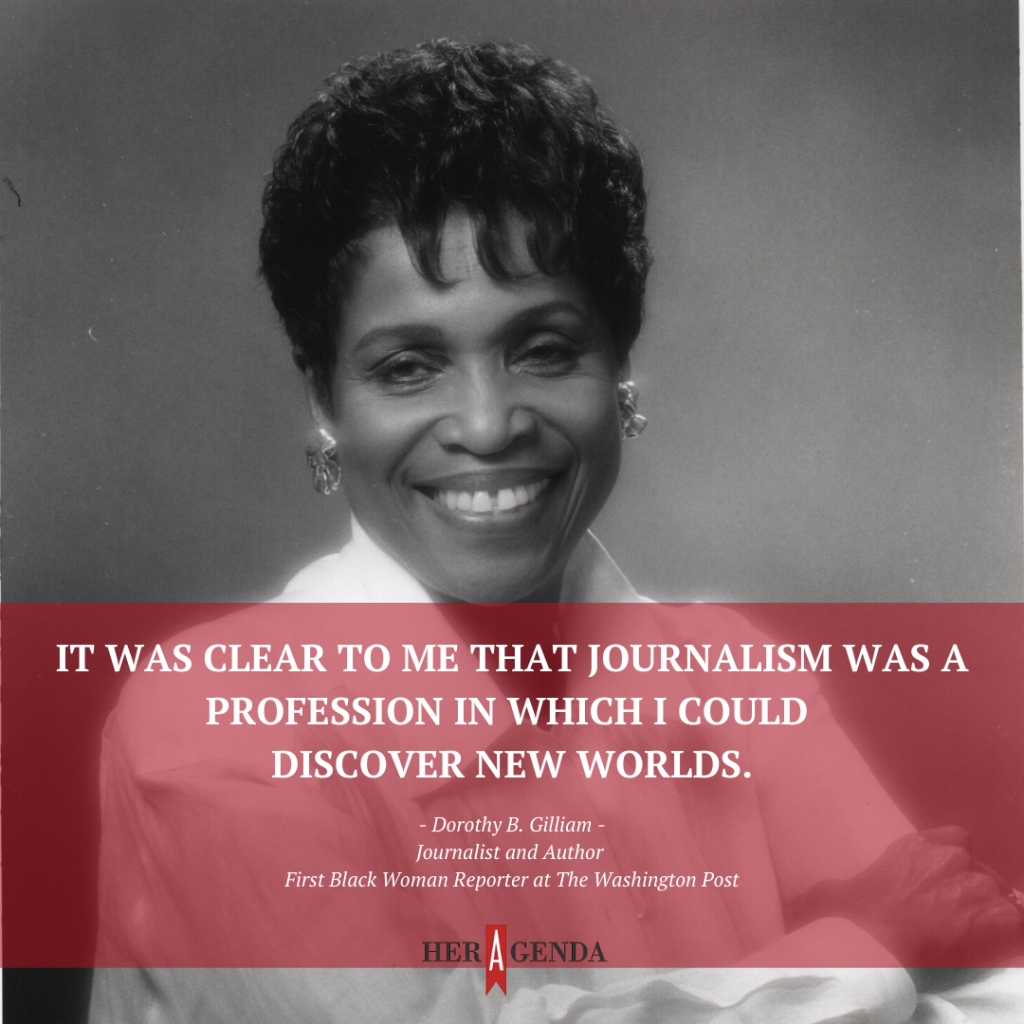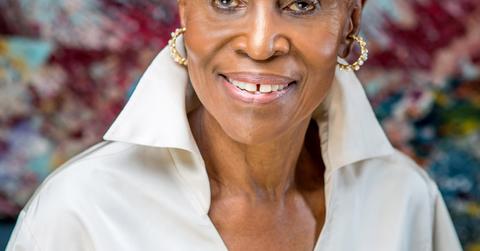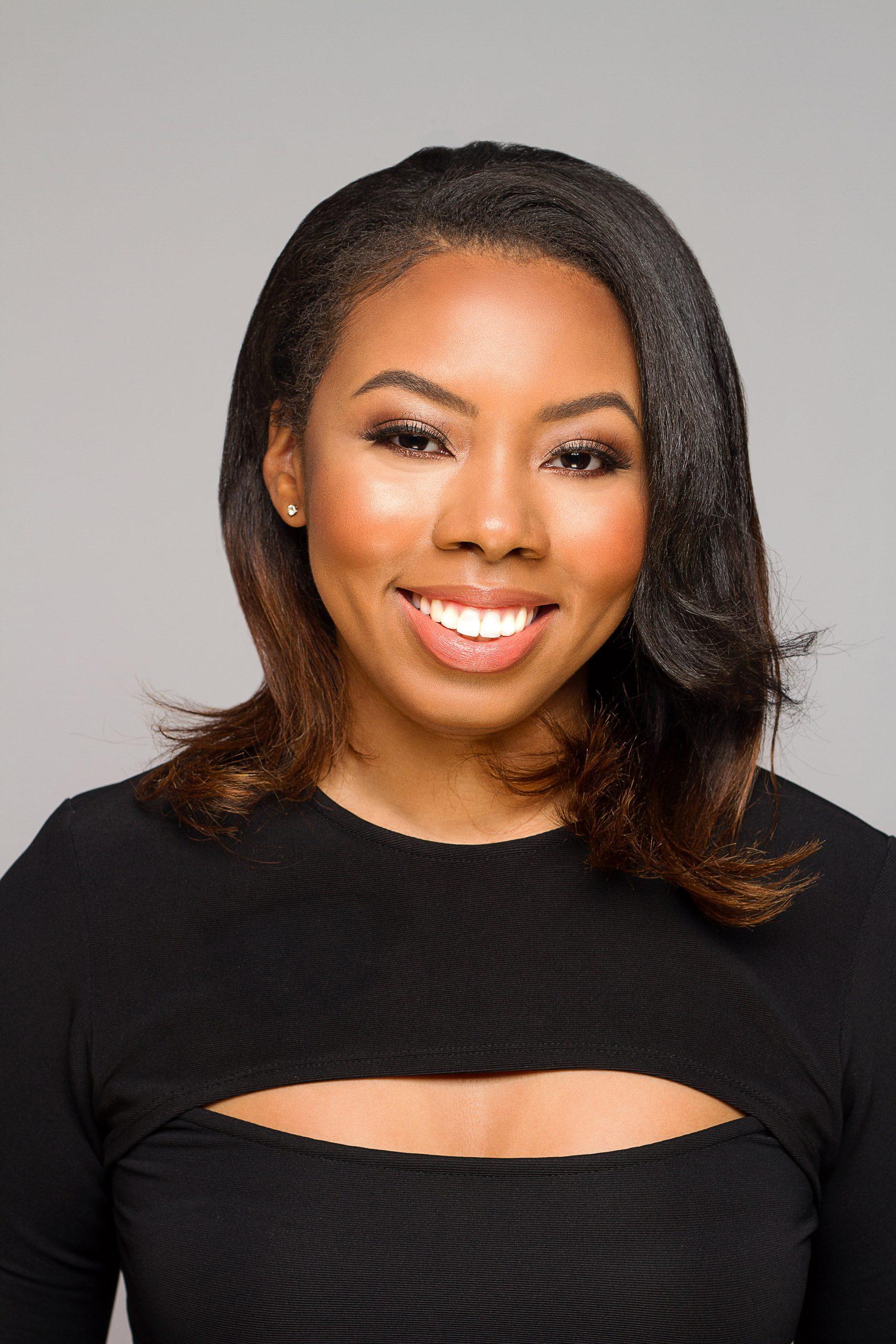It was 1961 when Dorothy Butler Gilliam was hired making her the first Black woman reporter at The Washington Post. Despite the challenges, Gilliam persevered knowing that she needed to make it easier for any Black women to follow.
Although honorable, being a trailblazer is not easy. This is especially true for Black people who forged their paths while facing the harsh racism and segregation of the 1960’s. Gilliam knows this all too well.
In a conversation with Her Agenda, Gilliam opened up about her time at The Washington Post, her thoughts on the journalism coverage of today’s social justice movements, her message to young people breaking barriers, her memoir, and so much more.
Her Agenda: You’re known for being the first Black woman to work at The Washington Post. How did that happen?
Dorothy Butler Gilliam: Yes, that happened in 1961. I got in my start in the Black press. I actually started when I was a freshman in college at the local Black newspaper in Louisville, Kentucky where I grew up. That’s when I really got hooked on journalism. It was clear to me that journalism was a profession in which I could really discover new worlds.

I had always wanted to work for a daily newspaper. Those weeklies I had worked for were challenging because journalism is not an easy profession. So I figured I had to go somewhere I could get the credentials that would help me get a daily newspaper job. There was only one Black daily in the country at that time. That was Atlanta Daily World and I did not want to go back to Atlanta. I didn’t want to go back South. I was finally able to get into Columbia University and when I was about to graduate, I was interviewed by someone from The Washington Post. It was the city editor. This was in the spring of 1961.
He said ‘You know we’ve never had a Black woman.’ He didn’t use those words but he said, ‘We’re interested in you. You just don’t have enough experience. You need to go somewhere and get some daily newspaper experience and then get back in touch with us.’ He said ‘But, if you’re ever in Washington, come by and meet our managing editor.’ That summer, I planned to go to Africa. And it turned out that the group that I was traveling to Africa with were having their orientation in Washington D.C.
So, I came to Washington and I called him and I said ‘You told me if I was ever in town to come by and meet the managing editor of the Post.’ I said ‘Well I’m in town.’ And he invited me to meet with the editor. I think the managing editor was very impressed with the fact that I was going to Africa for the summer. So he asked me to write some articles. I did that and sent them to him. When I came back, they said ‘we’re going to offer you a job as the first Black woman reporter at The Washington Post.’

Her Agenda: Wow, how did you feel?
Dorothy Butler Gilliam: I was excited. I was coming to Washington. But, it was a big shock. It was very very segregated. And I had a lot of problems trying to do my job due to racial segregation. For example, there were not many Black professionals downtown where the Post was located. I would stand and try to hail a cab. They would see my brown face and hit the accelerator. So many taxis just wouldn’t pick me up.
At the same time, I knew I had to get where I was going. I couldn’t come back and complain because then it would be very hard for the next Black woman to get hired. I always say God was with me because I did good work and continued to persevere. But there were other problems because some of my co-workers if they saw me on the street, would pretend they didn’t know me. Dealing with that kind of treatment was tough. Then, some places where I went to cover a story they would say they thought I was one of the maids. I’m glad I was able to persevere.

Her Agenda: You named a number of challenges and experiences. How did you really overcome them? What was your mental state at the time and how were you truly able to get yourself through these traumatizing moments?
Dorothy Butler Gilliam: Well, I think part of my strength really came from the Black religious experience. My dad was a minister. I grew up in our church. We were always taught about the importance of love no matter what, which wasn’t easy when you feel like you’re being provoked.
My whole upbringing taught me to know that I wasn’t what they said I was. Still, it was difficult. I suffered from depression and some other things that I had to deal with.
It was great to start getting some news about Black people in the white press because I think that’s one of the things we had to do to really begin to open this country up. Some people say ‘Well, things are better when we live separately.’ I hear what they’re saying but I know that if we hadn’t done what we did back then, young people today couldn’t do what they’re doing now. And I saw changes even myself.
-My whole upbringing taught me to know that I wasn’t what they said I was. Still, it was difficult. I suffered from depression and some other things that I had to deal with.

Her Agenda: I’d love to touch more about your experience as a working mother in journalism. What was it like raising children while being a journalist and working in such a heavy political climate under so much pressure?
Dorothy Butler Gilliam: It was really challenging. There’s no doubt about that. I think it was just a matter of being determined and just going through it. But I eventually left the Post because I had gotten married and we had a child. I tried to see if I could have a slightly modified work schedule. I wanted to work four days a week instead of five. And the editor said ‘No you can’t do that. If you do that, all the white men in the company would want to work part-time.’ So finally after we had a second child, I said you know this is just crazy. So I did quit. However, I was rehired in 1972. I was rehired as an editor at that point.
Her Agenda: It’s now 2020. In addition to the disproportionate Black deaths surrounding COVID-19, we have the murder of George Floyd at the hands of a white police officer. How do you feel about current journalism coverage of the civil unrest happening today? What would you like to see more of in journalism?
Dorothy Butler Gilliam: Journalism needs more racial diversity in decision making positions. Journalism needs editors and publishers to assign staff to cover important stories. For example, what is White privilege? What is systemic racism? What is structural racism and the policy that governs the United States? I also think that journalism needs to cover more solutions. Focus on them. Biden has a multi-page plan, but what is it? Media and Black media as well, people on social media, people who have blogs, need to focus on finding solutions to some of the problems. Right now, the problems include the prison industrial complex with hundreds of thousands of Black men in jail.
The media can also write about history because white people don’t know the real history of America. So many Black people don’t even know their own history. A friend of mine was saying that she grew up in Tulsa and lived there until about 16. She had never heard of the Tulsa riots in Greenwood where all the Black businesses were burned down and so many people were killed. She never heard of that.
There’s so much that we need to know about — like how white people are fearful that they are losing power. And we know that in the next decade or two, whites will no longer be the majority in America. This should be a subject that’s really talked about. Journalists should be balanced in their reporting. Some were focusing too much on the looting and not focusing on the peaceful protesters.
Her Agenda: Is there anything that you’d want to see more from journalists of color right now in the field?
Dorothy Butler Gilliam: Yes, to look at the solutions and really spell things out. There are so many issues. There’s so much to be understood. Look at all the different pillars of that society. There’s economy, business, and education. In all of these areas, Blacks have been impacted. I don’t think a Black reporter would be telling an untruth to just go out and ask the questions and write about it. We have to be careful of not writing too much about our opinions and just write the facts.
-We have to be careful of not writing too much about our opinions and just write the facts.
Her Agenda: So, you talked about a lot of what you would want to see. But what are some changes you’ve seen in journalism since you started your career that you would say you are happy with and you are really proud of?
Dorothy Butler Gilliam: Since the early days, one of the things that I’ve been involved in is pushing for diversity. There have been changes. There are more Black editors, there are more Black columnists. There are more Black publishers. But those numbers have dropped with the internet because newspapers are not the same as they were when I started out or even when I left in 2003.
Her Agenda: What is your message to young journalists of color?
Dorothy Butler Gilliam: My message is that they have a unique opportunity now to write some of the stories that really should be written. [Things like] writing stories about Black history. That means delving into some of the Black scholars and writers. I don’t believe our children know enough about their history. Journalists can write those stories so that they can be posted where teachers will see them or others who have access to young people can see them. That will be extremely helpful.
-I don’t believe our children know enough about their history. Journalists can write those stories so that they can be posted where teachers will see them or others who have access to young people can see them.
Her Agenda: You mention how the media needs to push for more diversity. Do you think pushing for diversity is the most important responsibility the media has right now? If not, what would you say is the most important responsibility of the media?
Dorothy Butler Gilliam: I don’t know if I would say it’s the most. But I certainly would say it is one of the most. It’s one of the key issues that need to be dealt with immediately.
Her Agenda: There are a lot of women and people of color still going through a lot of firsts, in terms of shattering glass ceilings. Though times are better, it’s likely still hard for them as well. What is your message to women of color who are also going through firsts in dealing with predominantly white organizations and facing challenges?
Dorothy Butler Gilliam: I would hope that to the extent it is possible, they are able to persevere and not throw up their hands and walk out or walk away. My message also is the importance of being part of a community, being a part of the Black community to the extent that it is possible. From there, one can get so much support, hope, and strength that helps to arm you to return to the battle in your office or in your organization. I really think spiritual strength is an important component for anybody, getting it in different ways. I talk about it in my book when I was president of NABJ and so many challenges were coming, how I needed a prayer group, and a support group. That still is very important. I think that there is a richness and depth in our culture. Really take advantage of it. You can be in white spaces, but you can also bring with it who you are. If you don’t have your own posse, you better get one.

Her Agenda: Speaking of your memoir, Trailblazer: A Pioneering Journalist’s Fight to Make the Media Look More Like America, tell me more about it.
Dorothy Butler Gilliam: My book is important to read. Not only do I talk about what it was like to be the first Black woman reporter at The Washington Post and those challenges, but also about the Civil Rights coverage and the interesting comparisons that can be made to today.
I have a chapter about being part of the team that covered the integration of the University of Mississippi. But I of course was not covering the things on campus because I would have been killed. I went to the Black community to cover and ask what impact did that have on the Black community. Just being able to record their mood of hope. And when you look today and see that the state of Mississippi is finally removing the Confederate flag, you realize how far things have come.

There were so many challenges and I had to persevere. There’s a lot in that chapter that really can be used today in terms of giving us the courage to break barriers. But I also want to say how proud I am of the young people protesting. How proud I am of the Black Lives Matter activists. They’re the ones who have really started a revolution. In my age and time in life, I intend to be a part of that revolution as well.
I also want to say how proud I am of the young people protesting. How proud I am of the Black Lives Matter activists. They’re the ones who have really started a revolution. In my age and time in life, I intend to be a part of that revolution.

Her Agenda: What is your motto? Something that gets you going…
Dorothy Butler Gilliam: God Grant me the serenity to accept the things I cannot change, the courage to change the things I can, and the wisdom to know the difference. That is a prayer. But there’s so much room in that prayer for courageous action and a determination to make a difference. For me, it helps to focus on what I can do that day as a journalist. I truly believe that journalists and the public shape our democracy. We still have an important role.
[Editor’s note: This interview has been edited for length and clarity]









